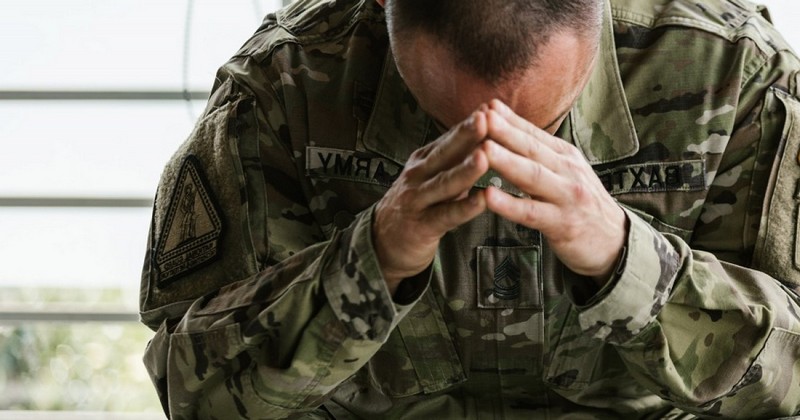Consequences of traumatic experiences (and coping mechanisms)

These are the medium and long-term symptoms of trauma, and the coping mechanisms to be used.
A traumatic event could be considered to be generated after adverse one-off situations, such as a car accident, natural disasters, the death or illness of a loved one; or by living experiences in an intense and prolonged manner over time, such as a period of suffering abuse, interpersonal violence, bullying, etc.
These painful experiences are much more likely to leave a negative and lasting emotional wound if the person was not prepared for this experience at the time of the incident, has been in a situation of helplessness and vulnerability, has been exercised much violence against him/her, or has not been able to defend him/herself adequately, being able then to generate emotional blocks without managing that situation or discomfort in the correct way..
The particularities of trauma
As we have advanced, being exposed to one or more traumatic events without being able to process those situations and sensations properly, could trigger maladaptive emotions or symptoms or affective disorders, affecting the well-being and quality of life of the person.
In addition, in this situation, it is likely to generate false beliefs and negative feelings about oneself. false beliefs and negative feelings about oneself (insecurity (insecurity, guilt or shame) or about the environment that surrounds us, developing difficulties in adapting and bonding in a healthy way with others.
There are certain aspects that can be risk or protection factors against trauma, such as:
- Safe, healthy and protective environment.
- Stressors at the time of the traumatic event.
- Effective coping mechanisms.
- Nature of the traumatic event.
- Repetition of the traumatic experience.
- Invalidation or blocking of emotions at the moment of impact.
It is then when facing this type of difficult situations, emotions can be inhibited or suppressedThis can generate an emotional imprint in the unconscious that can affect throughout life.
The symptomatology of trauma
Many people experience physical, emotional and cognitive reactions at the time of the traumatic event. But If that memory or discomfort is inhibited or blocked, that symptomatology will develop over the long term leading to negative consequences, such as:
- Intrusive or disturbing thoughts and visions of the event.
- Blocking of certain memories.
- Mood swings and irritability.
- Isolation or avoidance of places related to the event.
- Insomnia, change in eating and sleeping habits.
- Exhaustion, extreme tiredness.
- Nervousness, hypervigilance.
- Somatizations: headache and/or stomach ache.
- Sexual dysfunction.
- Fear and panic attacks.
- Anxiety
- Depression.
- Feelings of guilt and shame.
Trauma coping guidelines.
The emotional wound or symptomatology that triggers the traumatic experience can accompany us for a long time, hindering our day to day if it is not identified in time and if we do not take to learn how to process and manage it adequately..
For this, the ideal is to take into account these coping guidelines:
- Become aware that the wound exists.
- Accept and validate emotions even if they are painful.
- Generate self-care, self-confidence and self-understanding.
- Identify possible barriers and acquired defense mechanisms to be able to correctly process the painful experience.
- Identify the discomfort and where it comes from, in order to be able to express and digest it without fear.
- To develop new coping resources.
- Enhance resilience.
If even with these guidelines you perceive that the wound or emotional discomfort is still latent and makes it difficult to relate and manage your emotions normally, it is advisable that you go to a professional specialized in trauma..
In psychotherapy they will be able to attend and treat any somatization or traumatic symptomatology, whether in childhood, adolescence or adult life, so that you can develop emotionally, affectively and psychologically in a healthy and effective way.
Author: Marta Ballesteros Durán, Health Psychologist at TAP Center.
(Updated at Apr 13 / 2024)